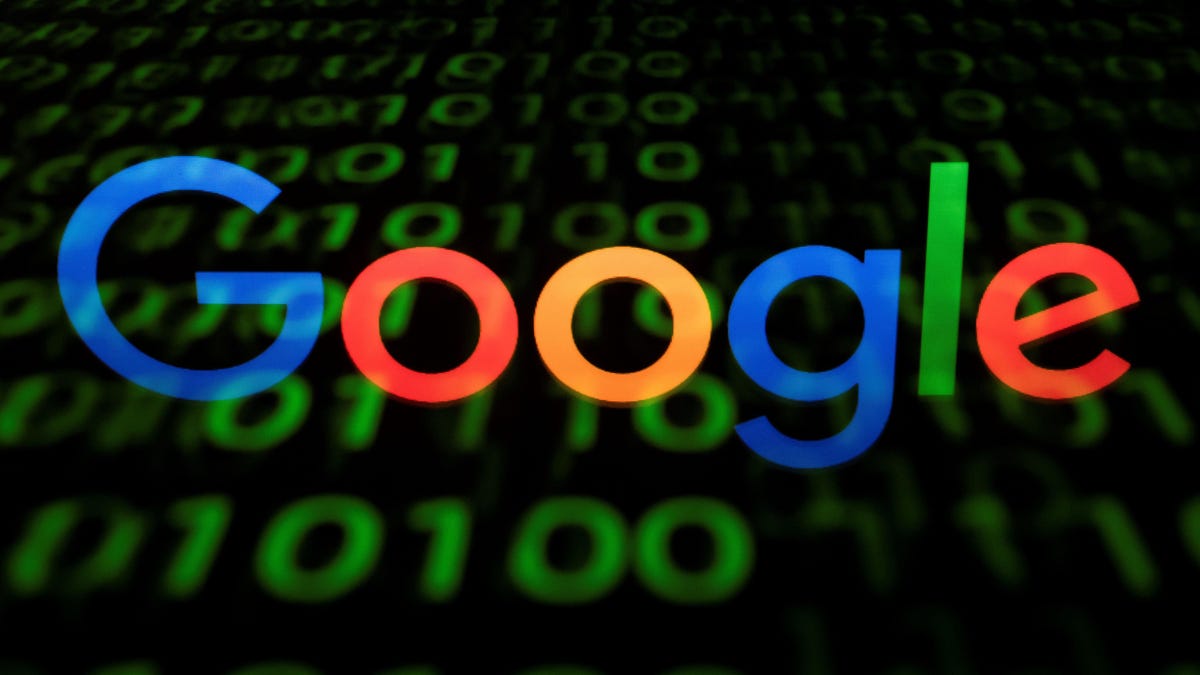Google bans abortion referendum ads in Ireland
The search giant says it's putting a moratorium on advertising related to the upcoming vote in Ireland on a restrictive abortion law in order to protect the integrity of the referendum.

Google will ban all advertisements related to an upcoming vote on Ireland's abortion law.
On Tuesday, Facebook announced that it's blocking foreign spending on ads related to the referendum out of concern that groups outside of the country may try to influence the outcome of the sensitive referendum. Google followed with its own announcement on Wednesday.
But Google's ban goes a step further than Facebook's policy. Google is putting a moratorium on all referendum-related advertising on its Google search pages as well as on YouTube in an effort to ensure advertising on its site doesn't tip the vote on the controversial topic.
The vote is scheduled for May 25.
"Following our update around election integrity efforts globally, we have decided to pause all ads related to the Irish referendum on the Eighth Amendment," the company said in a statement.
The referendum in Ireland will decide the fate of the Eighth Amendment to the Irish constitution, which is one of the most restrictive prohibitions of abortion in the West. The amendment, which was approved by Irish voters in 1983, gives equal protection to both the mother and unborn fetus. It allows for termination of a pregnancy only in cases of rape, incest and fatal fetal abnormality.
Debate over the amendment has been bitterly divided with some polls suggesting it could be repealed. But the vote has drawn attention from international groups looking to push the vote one way or another.
Facebook and Google's actions come as the companies implement new policies to help protect the integrity of voting around the world. The companies have come under scrutiny after Russian trolls used social media to meddle in the 2016 US presidential election. There's also evidence to suggest that these platforms were manipulated in the lead-up to the UK's Brexit vote.

